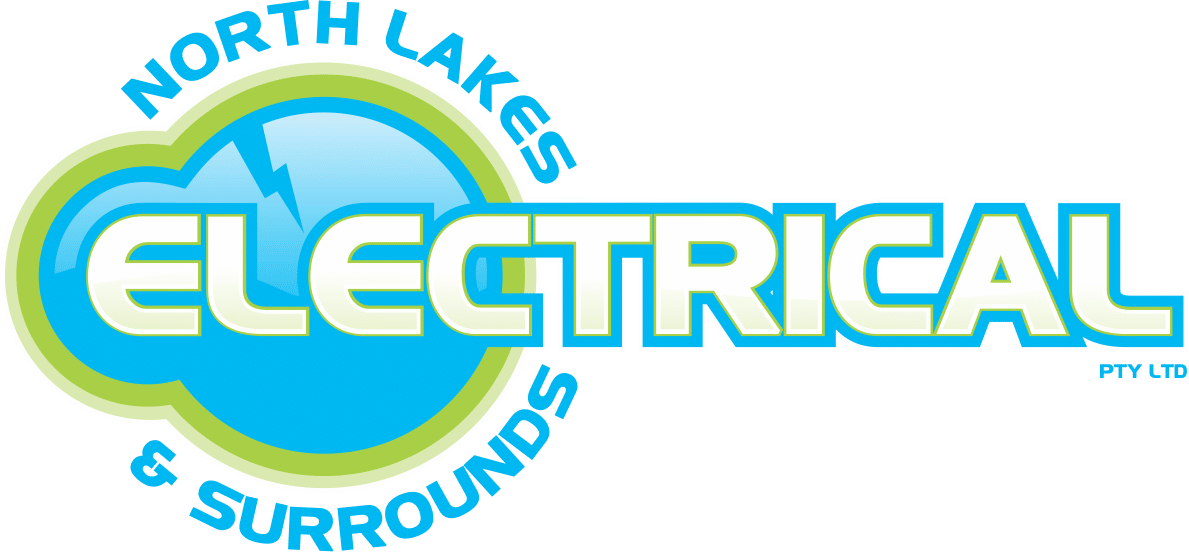Electrical Safety Responsibilities for Brisbane Landlords
Electrical safety is one of the most important responsibilities for landlords across Brisbane. Tenants rely on you to provide a safe living environment, and Queensland laws make it clear that electrical compliance is not optional. Whether you manage one investment property or an entire portfolio, staying on top of your legal obligations protects your tenants, your property and your financial future. This guide breaks down the key electrical safety rules every Brisbane landlord needs to know, along with practical tips to help you stay compliant.
Your Legal Duty of Care
In Queensland, landlords must ensure their rental properties are safe and well maintained. This includes all electrical systems, wiring, outlets and fixed appliances supplied with the property. The Residential Tenancies and Rooming Accommodation Act places responsibility on the landlord to provide a property that is in good repair and meets all safety requirements before and throughout a tenancy. If there is an electrical hazard that could cause injury or damage, it must be repaired promptly by a licensed electrician.
Electrical faults are not only dangerous but can expose landlords to significant financial penalties if they are found to be negligent. Ensuring your property meets electrical safety standards is both a legal requirement and a key part of protecting yourself as a property owner.
Mandatory Safety Switches
Every Brisbane rental property must have safety switches installed on all circuits that supply power points and lighting. Safety switches monitor the flow of electricity and cut power instantly if they detect a fault. This reduces the risk of electric shock and electrical fires. Even if your property is older, you are still required to upgrade the switchboard to include safety switches on all relevant circuits before renting it out.
A safety switch is different from a circuit breaker. Circuit breakers protect the wiring, while safety switches protect people. Queensland’s Electrical Safety Regulation makes it clear that rental properties must have compliant safety switches installed by a licensed electrician, and you should keep records of when they were installed or tested.
Regular Electrical Inspections
While Queensland law does not currently mandate annual electrical inspections for typical residential rentals, landlords still carry liability if an electrical fault causes injury or damage. Because of this, many property managers recommend a professional electrical inspection at least every two to three years, or sooner if the property is older or has signs of electrical wear.
During an inspection, an electrician checks wiring, switchboard condition, outlets, light fittings and any fixed appliances. They will also test safety switches to ensure they operate within the required timeframe. Regular inspections help identify issues early, reduce long term repair costs and protect you from legal consequences should something go wrong.
Smoke Alarms and Their Connection to Electrical Safety
From January 2022, all Brisbane rental properties must meet Queensland’s interconnected smoke alarm requirements. Hardwired smoke alarms must be installed in certain areas of the home and must be interconnected so they trigger together. These alarms must also be photoelectric and compliant with Australian standards.
Although smoke alarms fall under fire safety rather than electrical safety, the installation and maintenance of hardwired alarms must be carried out by a licensed electrician. This makes smoke alarm compliance part of your broader electrical obligation as a landlord.
Maintaining Electrical Appliances You Supply
Any fixed appliances provided as part of the rental, such as ovens, cooktops, air conditioners, ceiling fans or hot water systems, must be kept in good working order. If an electrical appliance fails due to age or wear, it is the landlord’s responsibility to repair or replace it promptly. Tenants should not attempt repairs, and you should never use a handyman or unlicensed contractor for electrical work.
In multi dwelling rental properties, landlords are also responsible for maintaining shared electrical infrastructure, including exterior lighting, outdoor power points, car park lighting and any common area electrical fittings.
Responding to Electrical Faults and Tenant Reports
Under Queensland tenancy laws, landlords must act quickly when tenants report electrical hazards. These include sparking outlets, tripping breakers, flickering lights, burning smells, or appliances that do not work. Electrical faults are categorised as emergency repairs, which means they must be addressed urgently. Failure to take action can breach your legal obligations and put your tenants at risk.
Tenants are encouraged to report issues immediately, and you should have a trusted licensed electrician on call to handle urgent matters. Keeping a record of all electrical repairs, inspections and upgrades is useful for compliance and insurance purposes.
Penalties for Non Compliance
Ignoring electrical safety laws can lead to fines, legal action and insurance complications. If a tenant is injured due to an electrical issue that could have been prevented, the consequences can be severe. Insurance claims may be rejected if the property did not meet safety standards, leaving the landlord liable for repairs and damages.
Non compliant properties may also be removed from the rental market until the issues are fixed, which can result in lost income and reputational damage for property managers.
Best Practices for Brisbane Landlords
- Have safety switches installed on all circuits.
- Arrange regular electrical inspections, especially for older homes.
- Keep detailed records of electrical work and certificates.
- Ensure all smoke alarms meet Queensland’s interconnected requirements.
- Only hire licensed electricians for repairs and installations.
- Respond promptly to tenant reports of electrical issues.
- Replace ageing appliances before they become unsafe.
Electrical safety is not something Brisbane landlords can afford to overlook. With clear legal obligations and serious risks associated with non compliance, staying proactive is the best way to protect your property and your tenants. Keeping your electrical systems, switchboards and appliances properly maintained not only keeps you compliant with Queensland law but also enhances the value and reliability of your investment.
By working closely with a licensed electrician and staying up to date with safety regulations, you can ensure your rental property remains safe, compliant and attractive to long term tenants.

